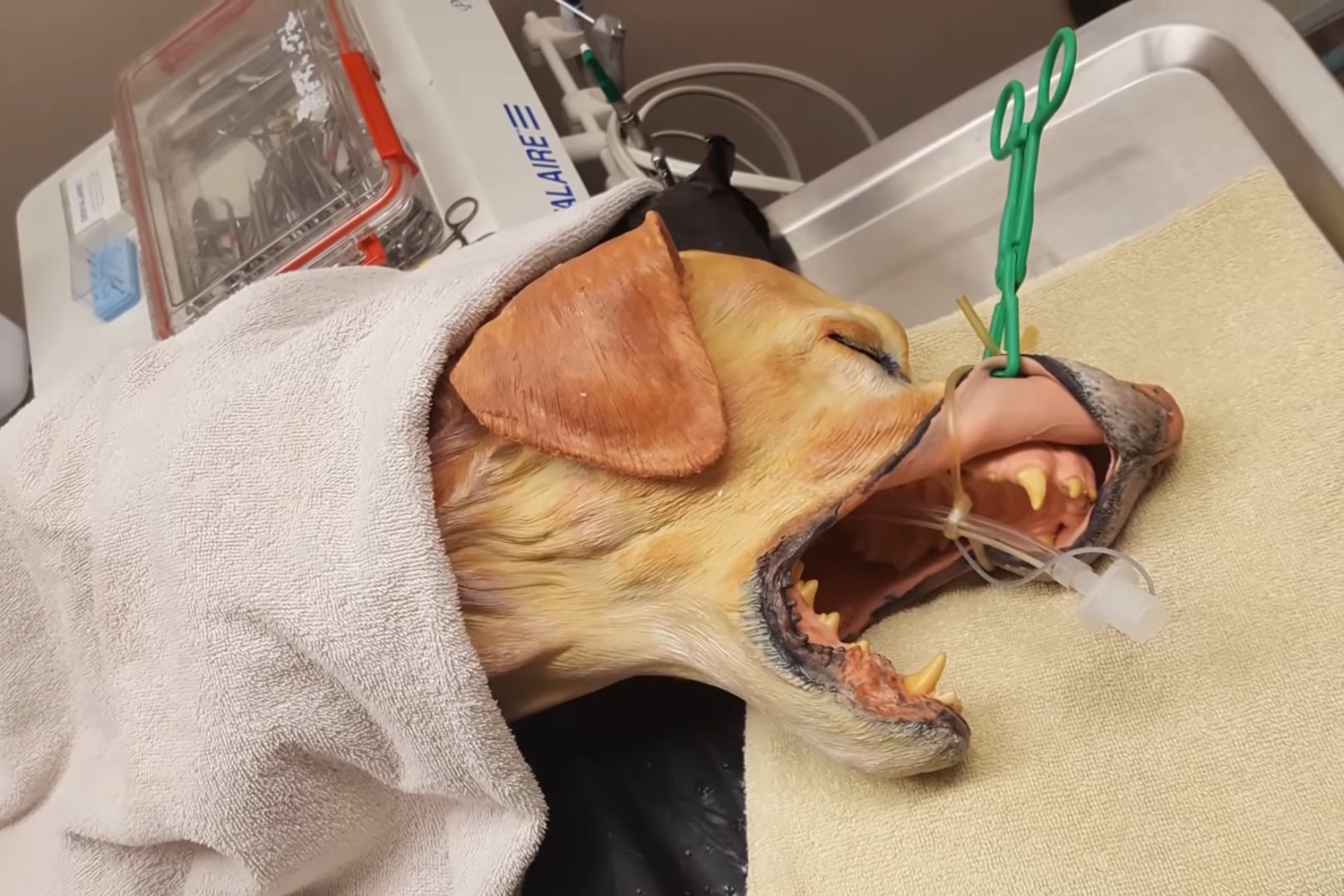Looking for something?
Let’s help you find it.
Replacement parts and consumables play a major role in keeping veterinary simulators accurate, safe, and ready for repeated hands-on training. Whether you are maintaining a Canine Spay Simulator, ordering fresh dental jaw sets for extraction labs, or stocking new skull plates for Captive Bolt training, the right consumables ensure every student gets a consistent and realistic learning experience. This guide outlines the most commonly replaced components, best practices for education programs, and recommended consumable packages based on class size and usage.
VSI Is Proud To Be a Platinum Sponsor for the InVeST 2025 Conference!
Yeehaw! We thrilled to be both a Platinum Sponsor and Vendor at the 2025 InVeST Conference at Texas Tech University School of Veterinary Medicine in Amarillo, Texas!
The 2025 VSI Catalogue is here—your complete guide to the latest in veterinary simulation.
Discover new models, upgraded features, and innovative tools designed to elevate hands-on training across every discipline. Whether you're expanding your program or updating your current tools, this year's catalogue is built to support real-world veterinary education.
Veterinary training just got a powerful upgrade. At Veterinary Simulator Industries (VSI), we’re proud to now offer iSimulate products—bringing cutting-edge medical simulation technology into the hands of veterinary educators and professionals. From customizable scenarios to real-time feedback, iSimulate tools enhance hands-on learning, build clinical confidence, and prepare students for real-world veterinary care. Discover how this dynamic addition to the VSI lineup is transforming the future of veterinary education.
The Clinical Simulation Center is open to all WSU veterinary students, interns, residents, and faculty. Students and veterinarians have access to some of the most advanced medical models to learn new skills and polish current skills. The center provides a positive, enriching, and supportive educational environment for the advancement of veterinary care.
Simulation-based education is essential for training the most prepared and competent veterinary graduates in the country. Simulation is used routinely to train human medical doctors, and WSU is a leader in advancing technical and clinical simulation training for veterinarians.
Our program offers an integrated approach to simulated medical and communication training. From basic suturing skills to client communication to fully integrated simulations to experience the spectrum of care, we provide hands-on opportunities to learn and practice necessary veterinary skills.
The center, housed at the university's College of Veterinary Medicine, purchased a dystocia simulator cow and calf to help teach and demonstrate the birthing process. Visitors to the Kansas State Fair in Hutchinson, where the new simulator has been displayed to the public, are already getting their own in-depth experience.
Meet Agnes — she's a full-size cow, with a working udder, a uterus and a full-size calf but she's not quite a real cow.
Instead, the bovine specimen is used to educate veterinary students and cattle producers about the cattle birthing process.








